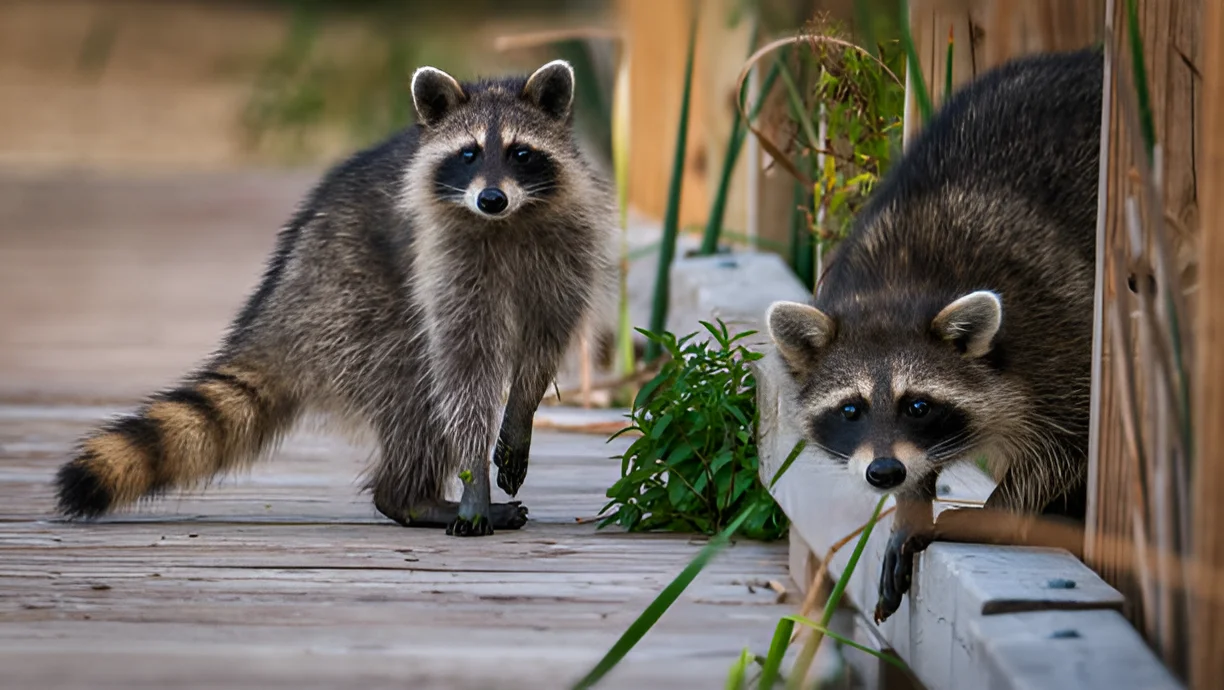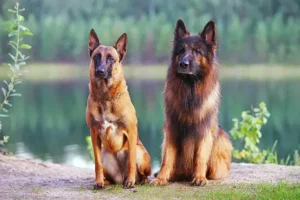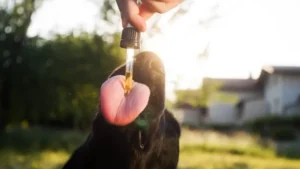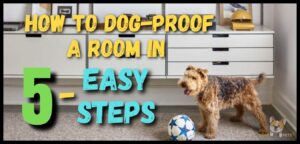Yes, dogs can help keep raccoons away, but their effectiveness depends on various factors such as the dog’s breed, behavior, and the raccoon’s determination. Raccoons are clever and adaptable creatures that can become a nuisance in urban and suburban areas. They are known for raiding trash cans, damaging property, and potentially spreading diseases. Many homeowners wonder if having a dog can deter these nocturnal visitors. This comprehensive guide will explore the dynamics between dogs and raccoons, providing insights, recommendations, and tips to help you understand how dogs can help keep raccoons at bay.
Understanding Raccoon Behavior
Raccoons are nocturnal animals, meaning they are most active at night. They are omnivores with a diverse diet that includes fruits, vegetables, insects, small animals, and human food waste. Their intelligence and dexterity make them adept at finding food and shelter in urban environments.
- Habitat and Habits: Raccoons are highly adaptable and can live in a variety of environments, from forests to urban areas. They often seek shelter in attics, basements, and under decks or porches.
- Diet: Raccoons are opportunistic feeders. They are attracted to easily accessible food sources such as garbage cans, pet food left outside, and bird feeders.
- Behavior: Raccoons are curious and persistent. They can open containers, climb fences, and squeeze through small openings to access food and shelter.
How Dogs Deter Raccoons
Dogs can be effective in deterring raccoons due to their presence, barking, and territorial behavior. Here are some ways dogs can help keep raccoons away:
1. Presence and Scent: The mere presence of a dog can be a deterrent for raccoons. Dogs mark their territory with their scent, which can signal to raccoons that the area is occupied by a potential predator.
2. Barking: Dogs’ barking can scare raccoons away. The noise can startle raccoons and make them think twice about approaching the area. However, raccoons can become accustomed to barking over time, so it may not be a long-term solution.
3. Patrolling: Dogs that patrol the yard regularly can help keep raccoons at bay. Their movement and activity can discourage raccoons from entering the area.
4. Chasing: Some dogs may chase raccoons if they see them. This can be an effective way to scare raccoons away, but it also poses risks to the dog, such as potential injuries or exposure to diseases.
Factors Affecting a Dog’s Effectiveness
The effectiveness of a dog in deterring raccoons depends on several factors:
- Breed and Size: Larger breeds with a strong prey drive, such as German Shepherds or Terriers, may be more effective at deterring raccoons. Smaller breeds may not be as intimidating to raccoons.
- Behavior and Training: A dog’s behavior and training play a significant role. Dogs that are alert, active, and well-trained to respond to intruders are more likely to deter raccoons.
- Raccoon’s Determination: Some raccoons are more determined and less easily scared off. If a raccoon is particularly hungry or has found a reliable food source, it may be less deterred by a dog.
Safety Considerations
While dogs can help keep raccoons away, it’s important to consider safety for both the dog and the raccoon:
- Avoid Direct Confrontations: Direct confrontations between dogs and raccoons can be dangerous. Raccoons can be aggressive if cornered and may bite or scratch, potentially transmitting diseases such as rabies.
- Vaccinations: Ensure your dog is up-to-date on vaccinations, particularly rabies. This is crucial for protecting your dog in case of a raccoon encounter.
- Supervision: Supervise your dog when they are outside, especially at night. This can help prevent direct confrontations and ensure your dog’s safety.
- Secure Food Sources: Remove attractants such as pet food, garbage, and bird feeders. This can reduce the likelihood of raccoons entering your yard in the first place.
Additional Deterrent Methods
In addition to having a dog, there are other methods you can use to deter raccoons:
- Secure Trash Cans: Use raccoon-proof trash cans with tight-fitting lids. Store trash cans in a secure location, such as a garage or shed, until collection day.
- Remove Food Sources: Do not leave pet food or bird seed outside overnight. Clean up fallen fruit from trees and secure compost bins.
- Install Fencing: Install fencing around your yard or garden to keep raccoons out. Ensure the fence is at least 4 feet high and buried a few inches into the ground to prevent digging.
- Use Motion-Activated Lights: Motion-activated lights can startle raccoons and deter them from entering your yard. These lights can be placed near trash cans, gardens, or other areas where raccoons are likely to visit.
- Repellents: Use raccoon repellents, such as ammonia-soaked rags or commercial raccoon repellents, around your yard. These can create an unpleasant environment for raccoons and encourage them to move on.
Conclusion
Dogs can be effective in keeping raccoons away, but their success depends on various factors such as breed, behavior, and the raccoon’s determination. While dogs can provide a natural deterrent, it’s important to use additional methods to secure your property and reduce attractants. By combining the presence of a dog with other deterrent strategies, you can create a raccoon-free environment and ensure the safety of both your dog and the raccoons.
The photo featured below the post headline is Credit: lavin photography/istockphoto
I hope you find this post helpful and informative. If Yes’ feel free to share it with your friends!
Frequently Asked Questions
Can all dog breeds keep raccoons away?
Larger breeds with a strong prey drive, such as German Shepherds or Terriers, are generally more effective at deterring raccoons. Smaller breeds may not be as intimidating to raccoons.
Is it safe for my dog to chase raccoons?
Chasing raccoons can be dangerous for dogs. Raccoons can be aggressive if cornered and may bite or scratch, potentially transmitting diseases such as rabies. It’s best to supervise your dog and avoid direct confrontations.
What other methods can I use to keep raccoons away?
In addition to having a dog, you can use raccoon-proof trash cans, remove food sources, install fencing, use motion-activated lights, and apply raccoon repellents to deter raccoons from your yard.
How can I protect my dog from raccoon-related diseases?
Ensure your dog is up-to-date on vaccinations, particularly rabies. Supervise your dog when they are outside and avoid direct confrontations with raccoons. If your dog is bitten or scratched by a raccoon, contact your veterinarian immediately.









